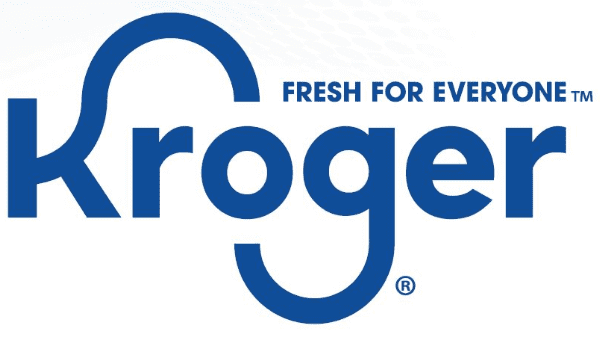The “Live Kroger’s Purpose” part of Restock Kroger led to a number of initiatives under the company’s Zero Hunger/Zero Waste campaign, such as eliminating nonfood waste (including plastic use) by 2020 and food waste by 2025.
Steps within the objective include installing solar panels at Kroger Co., BB #:100073 Cincinnati, OH, locations, increasing food donations, partnering with the World Wildlife Fund on wastewater education, investing $10 million in environmental innovation, updating pesticide policies to protect pollinators, launching the Peculiar Picks “ugly produce” line, piloting a mobile market to bring fresh food to underserved communities, and reducing availability of single-use plastic bags.
Kroger also standardized all of its private label food brands for simplicity’s sake and to reduce waste. Other initiatives include a redesigned milk jug to reduce plastic use and partnering with likeminded businesses to promote sustainability.
Once such venture is working with Goleta, CA- based Apeel Sciences for improving the shelf life of fruits and vegetables by adding a plant-based protective layer. Kroger began by carrying Apeel’s naturally-enhanced avocados and was testing Apeel limes and asparagus in its Cincinnati stores.
Another partnership was with TerraCycle, a waste management firm in Trenton, NJ, to use its Loop ecommerce platform. Kroger began piloting the program’s reusable packaging platform, offering consumers more than 100 products in reusable metal or glass containers.
Kroger also jumped into the hyper local fray for fruits, vegetables, and herbs. The grocer paired with indoor grower, 80 Acres Farms, in the Midwest to provide fresh produce for its On the Rhine food court.
Similarly, Kroger joined forces in late 2019 with German grower Infarm to launch mini-hydroponic produce farms to produce greens and herbs within its stores, starting with two Quality Food Center (QFC) locations in Washington State.
Getting results
Kroger announced last August that it had reduced food waste by 9 percent in the first full year of its Zero Hunger/Zero Waste initiative. Among the other accomplishments was diverting 13 percent of waste from landfills; exceeding 40 percent in electric savings; and reducing the plastic resin used in its private labels by 9.1 million pounds. All represented substantial progress toward 2020 goals.
Despite all of this activity, however, some observers believe Kroger is playing catch-up with its key rivals on sustainability.
“Every retailer of consequence wants to tout how ‘sustainable’ they are, and Kroger is no exception,” says Bruce Peterson, president and founder of Peterson Insights Inc., in Bentonville, AR.
Nothing the company is doing sets it apart; instead, Peterson says, these moves keep Kroger in a position to manage potential negative publicity.
“To be perceived as ‘un-sustainable’ can have significant social consequences.”
This is a multi-part feature adapted from the cover story of the March/April 2020 issue of Produce Blueprints.



